|
About
History
Abstract Submission
Agenda
Registration
Venue
Organizers
Contact Us
The 19th Annual Climate Prediction Applications Science Workshop (CPASW) will bring together a diverse community to share developments in research and application of weather and climate information for societal decision-making. Participants will include researchers, service producers, resource managers, planners, practitioners, social scientists, and others making weather and climate-sensitive decisions. NOAA’s National Weather Service Climate Services Branch, Michigan State University, the Michigan State Climate Office, and many climate services partners are collaborating in the organization of the 2022 CPASW.
The workshop will convene in East Lansing, Michigan, May 24-26, 2022, for discussion centered on the theme of “Toward equitable and actionable climate services across communities and timescales”. The workshop will address the following focus areas: Equitable and Seamless Climate Services
Climate Impact-based Decision Support Tools and Service Delivery Across Sectors
User Engagement and Service Requirements
The workshop will gather experts from the region, the nation, and the world to focus on extreme events and the role of climate services. It will provide an opportunity for sharing effective strategies for understanding decision maker requirements, communicating extremes threats, and the heightened uncertainty and attribution of extreme events. Who should attend?
History of CPASWThe annual Climate Prediction Applications Science Workshop (CPASW), initiated in 2002 by the NOAA National Weather Service Climate Services Division, brings together a diverse group of climate researchers, climate product producers, and climate information users to share developments in research and applications of climate predictions for societal decision-making. A unique planning team, consisting of several NOAA climate services partners, organizes and hosts CPASW at a different location each year to ensure varying climate application focuses, and both regional and national perspectives.
Links to previous CPASW workshops and information for the latest:
|
|||||||||||||||||||||||||||||||||||||||||||||||||||||||||||||||||||||||||||||||||||||||||||||||||||||||||||||||||||||||||||||||||||||||
| Tuesday, May 24 2022 | *****All Times in Eastern Time Zone***** |
| 8:00 AM | Lincoln Room Open (Kellogg Conference Center) |
| 8:30 - 9:00 | Workshop Welcome |
| Opening RemarksJeff Andresen, Michigan State University | Michigan State Climate Office Marina Timofeyeva, NOAA NWS Climate Services Branch Welcome Address John Murphy, Chief Operating Officer, NOAA National Weather Service | |
| 9:00 - 9:30 | Keynote Address |
| Just Transition to a Carbon Neutral Economy: A Welcome to Michigan and Inside Look at the MI Healthy Climate Plan James Clift, Deputy Director, Michigan Department of Environment, Great Lakes, and Energy | |
| 9:30 - 9:45 | Break (15 Minutes) |
| 9:45 - 10:45 | Session 1 Part 1: Expanding Climate Services to Better Serve Users Moderator: Jeff Andresen, Michigan State University |
| Going To Extremes In Weather And Climate Services: Some Lessons From The US Midwest And Elsewhere Doug Kluck, NOAA / NCEI How National Weather Service Central Region Offices are Working toward Providing More Actionable Climate Information to Core Partners through Consistent Subseasonal to Seasonal Impact-Based Decision Support Services Audra Bruschi, NWS Central Region Headquarters Arctic Environment Threats to Military Facilities, Operations, and Planning Jason Senter, U.S. Air Force | |
| 10:45 - 11:00 | Break (15 Minutes) |
| 11:00 AM - 12:20 PM | Session 1 Part 2: Expanding Climate Services to Better Serve Users Moderator: Marina Timofeyeva, NWS Climate Services Branch |
| Decision Support Messaging of Rare Weather/Climate Events: A Retrospective of the December 15-16, 2021 Record Warmth & Severe Weather in the Midwest Jeff Boyne, NWS LaCrosse Climate Change IDSS for WFO Local Partners Ray Wolf, NWS Davenport Annual Climate Trends and Impacts Summary for the Great Lakes Basin: Communicating Climate Information to a Binational Audience Jeff Andresen, Michigan State UniversityVIRTUAL: Climate Change Data For Minnesota: High-Resolution Climate Information and Dedicated Extension Programming to Accelerate Cross-Sector Resilience Efforts Brenda Hoppe, University of Minnesota | |
| 12:20 - 1:40 | Lunch (on your own) |
| 1:40 - 3:00 | Workshop Breakout Sessions |
| Breakout Group 1: Climate Impact-based Decision Support Tools and Service Delivery Across Sectors (Room 110)Moderator: Beth Hall, Purdue University Scribe: Audra Bruschi, NWS Central Region Headquarters Breakout Group 2: Partnership Engagement (Willy Room)Moderator: Doug Kluck, NOAA NCEI Scribe: Jenna Meyers, NWS Climate Services Branch Breakout Group 3: Equitable and Seamless Climate Services (Lincoln Room)Moderator: Marina Timofeyeva, NWS Climate Services Branch Scribe: Jeff Boyne, NWS LaCrosse | |
| 3:00 - 3:30 | Break (30 Minutes) |
| 3:30 - 4:30 PM | Report Outs and Wrap Up Moderators from each breakout group |
| Tuesday Morning Welcome Speaker: John Murphy, NOAA National Weather Service | |
 |
John D. Murphy is the Chief Operating Officer (COO) of NOAA’s National Weather Service (NWS). He has overall responsibility for day-to-day mission execution units responsible for delivering NWS weather, water, climate, and space weather products, services, and information as well as the budgetary planning for 11 National Service Programs. He joined NWS in 2011 after serving more than 29 years with the United States Air Force as a career meteorologist and finally as Commander of the Air Force Weather Agency and Deputy Foreign Policy Advisor to United States Strategic Command. |
| Tuesday Morning Keynote Speaker: Liesl Eichler Clark, Michigan Department of Environment, Great Lakes, and Energy (EGLE) | |
 |
James Clift is Deputy Director of the Michigan Department of Environment, Great Lakes, and Energy (EGLE), where he oversees the department’s policy and engagement work. He heads the offices of Legislative Affairs, Public Information, and Great Lakes; as well as three offices created under the administration of Gov. Gretchen Whitmer: Climate and Energy, Clean Water Public Advocate, and Environmental Justice Public Advocate. James helped launch all three new offices – vital steps in pursuing the state’s goal of carbon neutrality in an equitable manner that provides opportunity for all Michiganders and protects the state’s world-class water resources. He began his work in the state Capitol as a Michigan Senate environmental policy analyst. More recently, he was policy director at the Michigan Environmental Council for 20 years, working on environmental policy with the council’s more than 70 member and partner organizations. A fixture at the Capitol, he coordinated the council’s legislative and policy work on an array of environmental issues including water protection, environmental justice, clean energy, air quality, and climate mitigation and adaptation. A graduate of Central Michigan University, James earned a Juris Doctorate degree from Wayne State University, where he spent two years assisting in research and editing textbooks and other works of Prof. Robert Abrams, a leading U.S. expert in water law. James is a member of the State Bar of Michigan and its Environmental Law Section. |
| Wednesday, May 25 2022 | *****All Times in Eastern Time Zone***** |
| 8:00 AM | Lincoln Room Open (Kellogg Conference Center) |
| 8:30 - 9:00 | Invited Talk |
| Midwestern Regional Climate Services for Agriculture: Working in Regional Partnerships Dennis Todey, Director, USDA Midwest Climate Hub | |
| 9:00 - 9:40 | Session 2 Part 1: Preparing for Drought Moderator: Steve Baxter, NWS Climate Services Branch |
| Predictability of Drought using Different Types of Drought Indices in the Western United States Mohammad Hadi Bazrkar, Texas A&M Predicting the Risk of a Developing Flash Drought Event Beth Hall, Purdue University | |
| 9:40 - 9:55 | Break (15 Minutes) |
| 9:55 - 10:55 | Session 2 Part 2: Preparing for Drought Moderator: Steve Baxter, NWS Climate Services Branch |
| The Climate Toolbox's Subseasonal Forecast and Drought Stripes Tools Katherine Hegewisch, University of California MercedRecommendations from the NWS Western States Drought Workshop Chelsea Peters, NWS Las VegasCPC's Experimental Water Year Outlook Tool Emerson LaJoie, NWS Climate Prediction Center | |
| 10:55 - 11:10 | Break (15 Minutes) |
| 11:10 AM - 12:10 PM | Session 3: Infusing Climate Information for Agricultural Decisions Moderator: Audra Bruschi, NWS Central Region Headquarters |
| Improving Cover Crop Management in Illinois with Subseasonal Climate Prediction Trent Ford, University of Illinois Changes in Precipitation Indicators Across the Midwestern and Great Lakes Regions of the United States: Climatic Implications for Corn-soy Production from Field to Region William Baule, Michigan State University Historical and Future Variability in Growing Season Heat Stress and Fall Storage Conditions with Shifts in Planting Date: An Example for Potato Production in Michigan, USA Julie Winkler, Michigan State University | |
| 12:10 - 1:30 | Lunch (on your own) |
| 1:30 - 6:30 | Field Trip & Dinner |
|
Workshop attendees will enjoy a field trip to visit the beautiful Meijer Gardens and Sculpture Park in Grand Rapids, Michigan followed by a tour and dinner at the Schwallier’s Country Basket Apple Orchard. Itinerary and details below:
Frederik Meijer Gardens & Sculpture Park opened in April 1995 after 13 years of planning and fundraising by the West Michigan Horticultural Society. In 1990, Fred & Lena Meijer were asked for their support, and they embraced the concept of a major cultural attraction centering around horticulture & sculpture. The original vision has turned into a top cultural destination in the Midwest region, known internationally for the quality of the art and gardens. Meijer Gardens' commitment is to create a legacy of lifelong learning, enjoyment and a rich cultural experience for generations to come. It is a non-profit organization, privately funded by grants, foundations and individual and corporate gifts. The organization is operated by almost 200 full and part-time staff, more than 850 active volunteers and supported by gifts from more than 28,000 member households and many donors. Meijer Gardens promotes the enjoyment, understanding and appreciation of gardens, sculpture, the natural environment and the arts. Schwallier’s Country Basket has been a family-owned business since we first opened our barn doors in 1989. We are located in Sparta, Mich., in the heart of West Michigan’s apple capital known as “the Ridge”— just a short drive north of downtown Grand Rapids. They are dedicated to serving friends and family who come from near and far to enjoy our delicious treats, fresh produce, and simple, satisfying slice of farm life. The one-of-a-kind store has grown from humble beginnings as a roadside produce stand into a thriving farm market, complete with giant corn maze, petting farm, pumpkin patch, cow train and wagon rides, and other attractions. And each year we strive to add new, fun activities for families at the farm. |
| Wednesday Invited Speaker: Dennis Todey, USDA Midwest Climate Hub | |
 |
Dennis Todey is the Director of the Midwest Climate Hub in Ames. He is a native Iowan with his BS and PhD from Iowa State in Meteorology and Agricultural Meteorology. He has spent two stints in South Dakota, first completing his MS at the South Dakota School of Mines and Technology and most recently as Associate Professor and State Climatologist for South Dakota at South Dakota State University. He is well known regionally as a speaker and media source on various climate issues and is the former president of the American Association of State Climatologists. |
| Thursday, May 26 2022 | *****All Times in Eastern Time Zone***** |
| 8:00 AM | Lincoln Room Open (Kellogg Conference Center) |
| 8:30 - 9:00 | Invited Talk (Virtual) |
| CPC National and International Sub-Seasonal to Seasonal (S2S) Decision Support Services David DeWitt, Director, NWS Climate Prediction Center | |
| 9:00 - 10:00 | Session 4: Addressing Services for Extreme Heat Moderators: Jeff Boyne, NWS LaCrosse |
| A Socio-spatial Model of Hospitalizations from Exposure and Sensitivity to High Temperatures Juan Declet-Barreto, Union of Concerned Scientists Week 3-4 Forecasting of Extreme Heat: a new tool-based SST and regional soil moisture patterns Evan Oswald, NWS Climate Prediction CenterVIRTUAL: Understanding Local Variations in Wet Bulb Globe Temperature (WBGT) and Tailoring the WBGT Forecast Tool to Local Environments Charles Konrad, University of North Carolina at Chapel Hill | |
| 10:00 - 10:15 | Break (15 Minutes) |
| 10:15 - 11:15 | Session 5 Part 1: Climate Decision Support Services Moderator: Steve Baxter, NWS Climate Services Branch |
| The Cellular Cooperative Observer Program Project Pilar Trevino, NWS Paducah The Use of Social Science and Expanding the IDSS footprint at the Climate Prediction Center Jon Gottschalck, NWS Climate Prediction Center VIRTUAL: Updating the CPC T2M Observational Verification Dataset and Impact on the Seasonal T2M GPRA Mike Halpert, NWS Climate Prediction Center | |
| 11:15 - 11:30 | Break (15 Minutes) |
| 11:30 AM - 12:30 PM | Session 5 Part 2: Climate Decision Support Services Moderator: Jenna Meyers, NWS Climate Services Branch |
| Extending the Temporal Range for Aviation Wind Guidance Erica Burrows, NWS Climate Prediction Center NWS DSS and Partnerships with Michigan's Transportation Sector Brandon Hoving, NWS Grand Rapids VIRTUAL: The Value of Environmental Information from NOAA's National Centers for Environmental Information Tamara Houston, NOAA NCEI | |
| 12:30 - 2:00 | Lunch (on your own) |
| 2:00 - 3:30 | Panel Session: Engaging Users and Co-producing Climate Services Moderator: Marina Timofeyeva, NWS Climate Services Branch |
| Introductory Remarks Stephen Baxter, NWS Doug Kluck, NOAA NCEI Allison Leidner, NASA Earth Science Division Beth Hall, Purdue University Dennis Todey, USDA Midwest Climate HubKelly Karll, Southeast Michigan Council of Governments Q&A Discussion
|
|
| 3:30 - 4:00 | Meeting Wrap-up (Marina Timofeyeva & Jeff Andresen) |
| 4:00 PM | Adjourn |
| Thursday Invited Speaker: David DeWitt, NWS Climate Prediction Center | |
 |
David DeWitt is the Director of the NWS Climate Prediction Center. DeWitt joined NOAA’s National Weather Service (NWS) in 2012 as the lead modeler within the Science Plans Branch of the Office of Science and Technology. During his tenure at NWS, he served a detail as the acting deputy director for NCEP’s Environmental Modeling Center, and as a project manager for the Sandy Supplemental projects, which accelerated development of NOAA’s foundational numerical guidance for weather prediction. David has provided leadership on several NWS and NOAA cross-line office activities targeted toward improving NOAA’s products and services. Prior to coming to NOAA, DeWitt worked as a research scientist at the International Research Institute for Climate and Society (IRI) at Columbia University from 1999-2012. From 1994-1999, DeWitt worked at the Center for Ocean-Land-Atmosphere Studies developing coupled atmosphere-ocean models for seasonal forecasts and conducting research to better understand short-term climate variability. |
For those staying at the conference hotel, a block of rooms are being held by the hotel. For your convenience, you can make reservations online or by phone. Please use the code for Group Block: 2205STATEC.
The hotel will hold the guestrooms in the Group Block until April 24, 2022. The Group Rate will only apply to guestrooms in the Group Block that are reserved before such date. Reservations made after such date will be subject to room availability, and standard rates will apply.
For ease and 24 hour access to booking for your guests we encourage guests to book online by following the instructions below:

For special requests, reservations outside of the conference dates, or reservations after the room block release date, please call our reservations department at 800-875-5090.
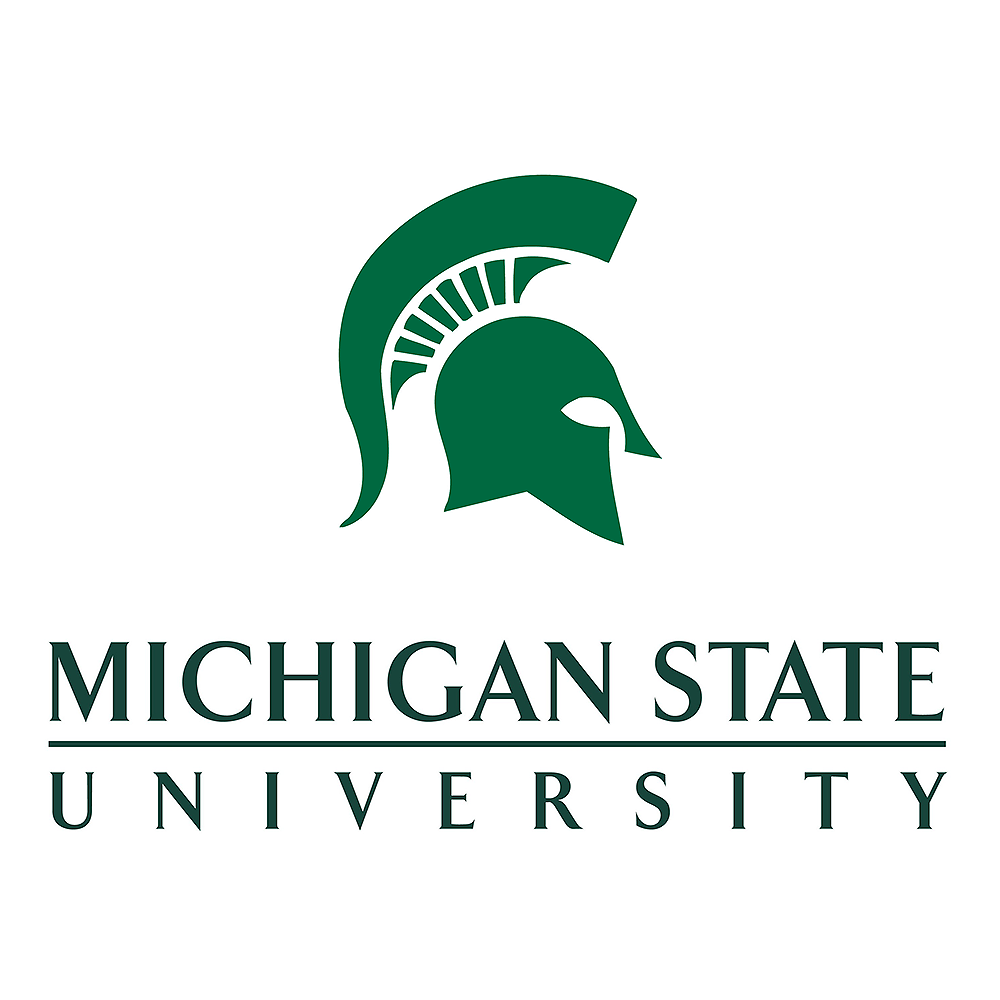 |
Michigan State University |
Michigan State Climate Office |
|
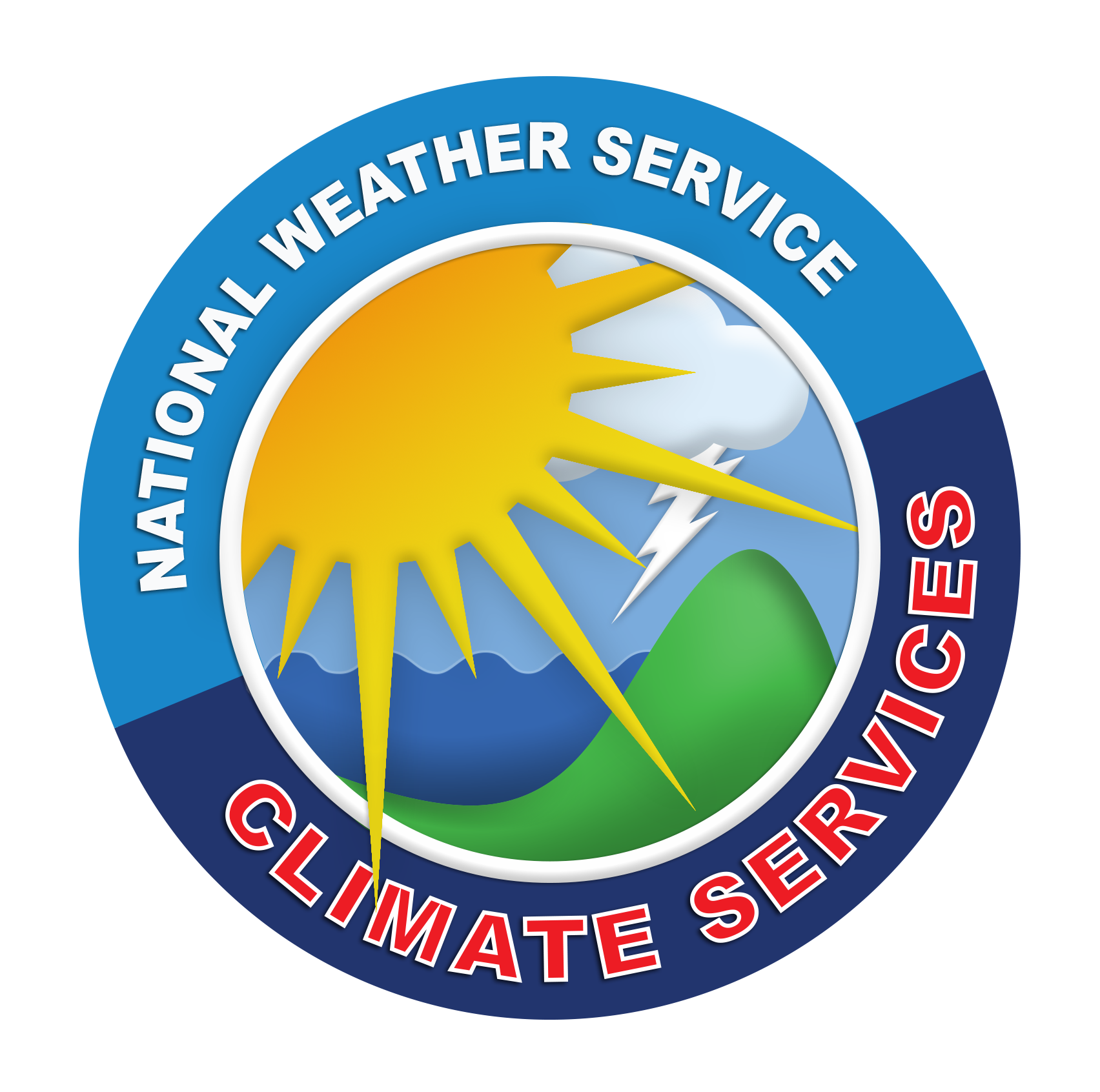 |
National Weather Service, Climate Services Branch |
National Centers for Environmental Prediction / Climate Prediction Center |
|
NWS Central Region Headquarters and Detroit Weather Forecast Office |
|
Oceanic and Atmospheric Research / Climate Program Office |
|
National Environmental Satellite, Data, and Information Service / National Centers for Environmental Information |
|
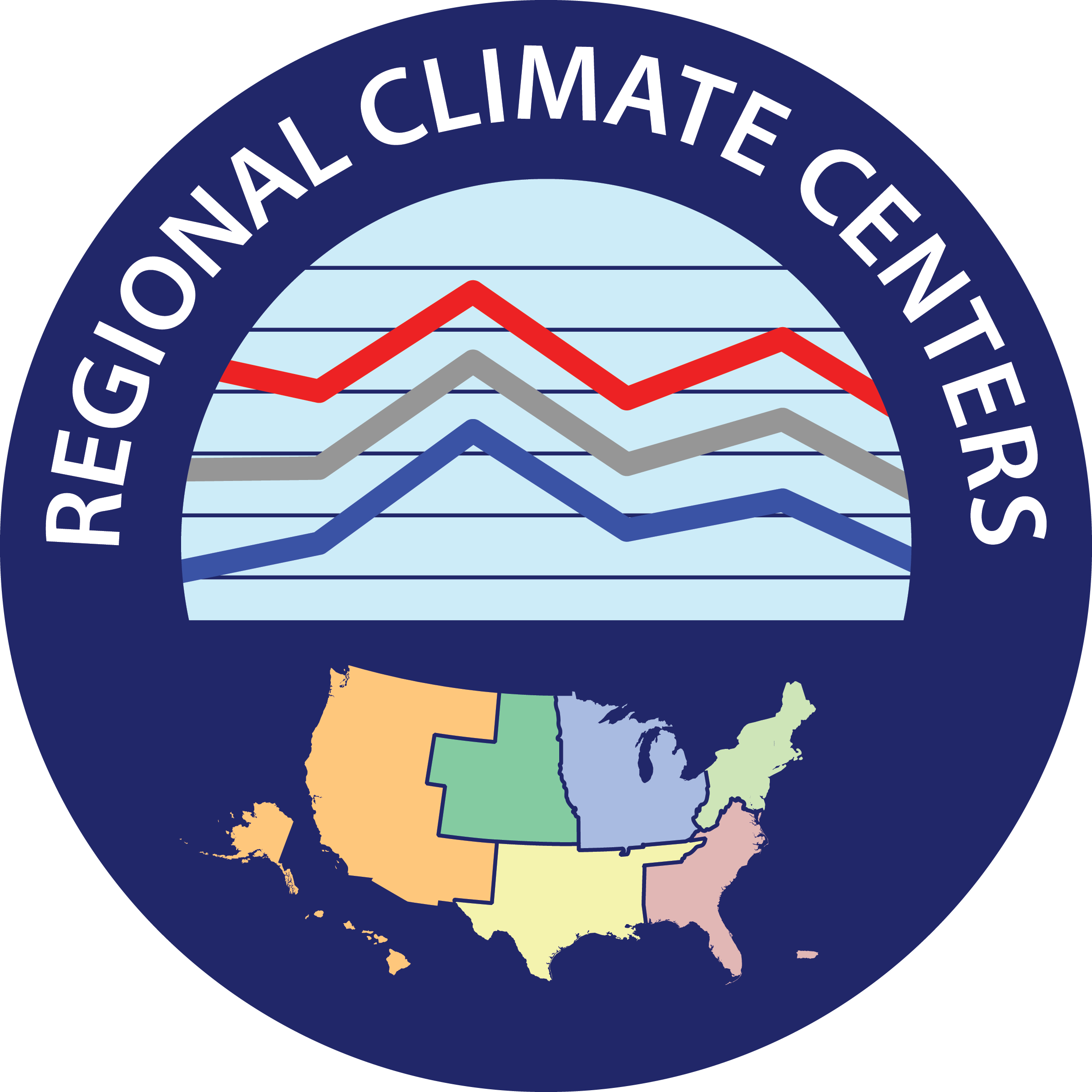 |
Midwestern Regional Climate Center |
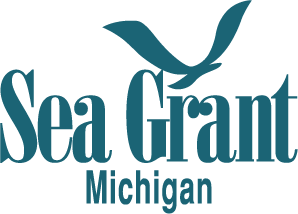 |
Michigan Sea Grant |
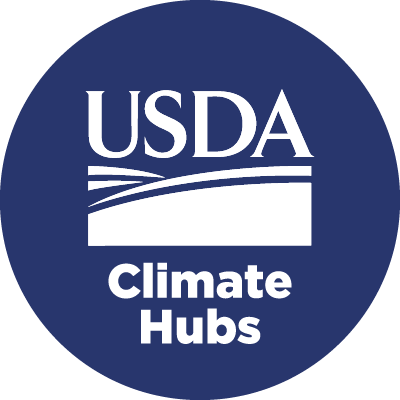 |
USDA Midwest Climate Hub |
Jenna Meyers (Jenna.Meyers@noaa.gov, 301-427-9113)
Marina Timofeyeva (Marina.Timofeyeva@noaa.gov, 301-427-9367)
Jeff Andresen (andresen@msu.edu, 517-432-4756)